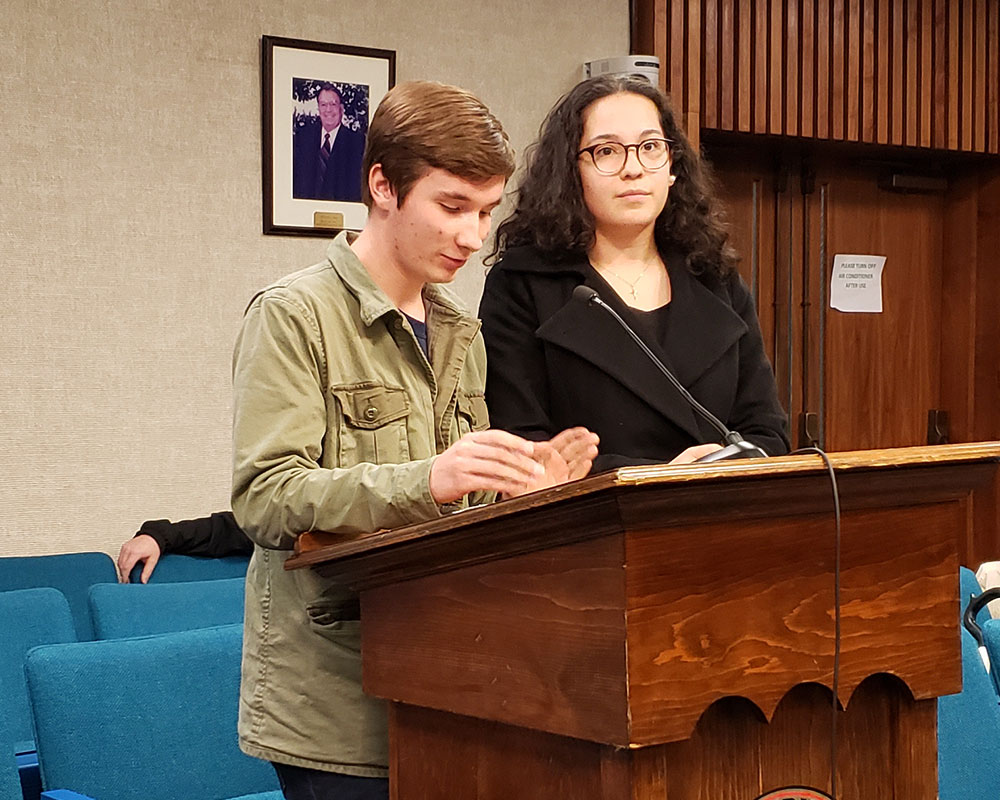Average home property taxes are set to increase slightly as Haverhill city councilors last night approved tax rates with little debate.
Councilors left in place last year’s formula—shifting more of the tax burden on to commercial, industrial and personal property. That means average single-family property taxes will rise $118 for the budget year, while average business property taxes will drop $37. Assessor Christine M. Webb explains the change is the result of the city’s rising home values.
“This year—fiscal year 2020—Haverhill’s residential class has increased in value at a greater rather than the commercial, industrial and personal property class,” she said.
There were no calls from either residents or the business community to change last year’s method—charging businesses a factor of 163% more. Members chose not to exercise their option to move more of the burden to business and thereby keep residential taxes the same or lower. The new residential rate is $13.60 per thousand dollars of value, while businesses will pay $24.58 per thousand.
An attempt to add $3 million in maintenance-related spending, which would have led to higher taxes, didn’t advance to a vote. Recognizing Mayor James J. Fiorentini agreed to add $500,000 for repairs to the Water Street central fire station, Councilor Timothy J. Jordan asked the taxpayer-funded portion of the budget be raised $3 million to address other building issues.
“I’m glad the money has been appropriated for the Water Street station, but there are other stations that have serious problems as well. Today, I also visited the animal shelter. It pretty much matched up with what I’ve been hearing. There are serious issues with that building. It obviously needs to be replaced,” he said.
City Finance Director Charles Benevento, however, reminded Jordan the Council typically does not have the power to add money under the current city charter. After state aid, excise taxes and fees, the city needed to raise $107.5 million in property taxes to pay for the current $200 million budget approved last June.
Resident Thomas Grannemann, who recently sought a seat on the School Committee, also argued for the $3 million spending increase. He explained such an increase makes sense now while the economy is good and people are working. The extra money could be used to attract and retain teachers, attract police officers to unfilled positions, repair schools and other city buildings and add to city reserves. He was backed by resident Joanna Dix, who last spring called attention to the city’s relatively low budget for school building maintenance. Both argued that resulting tax increases would still be below the maximum allowed under the tax limiting law, Proposition 2 ½. Haverhill students Gabriela Vargas and Dale Leone also asked for the increase to support schools.
Greater Haverhill Chamber of Commerce President Dougan Sherwood said there is a need to attract more business to counter rising home property taxes. He said it should be “startling to all of us” that the Haverhill’s commercial base actually shrank last year. Responding to a related question raised by Councilor Mary Ellen Daly O’Brien, Webb noted commercial property dropped by 31 parcels to 607. There are also 223 industrial parcels.
Besides the tax rates, councilor also approves raising exemptions for eligible low-income residents and veterans by the cost of living, or 3.3%.
